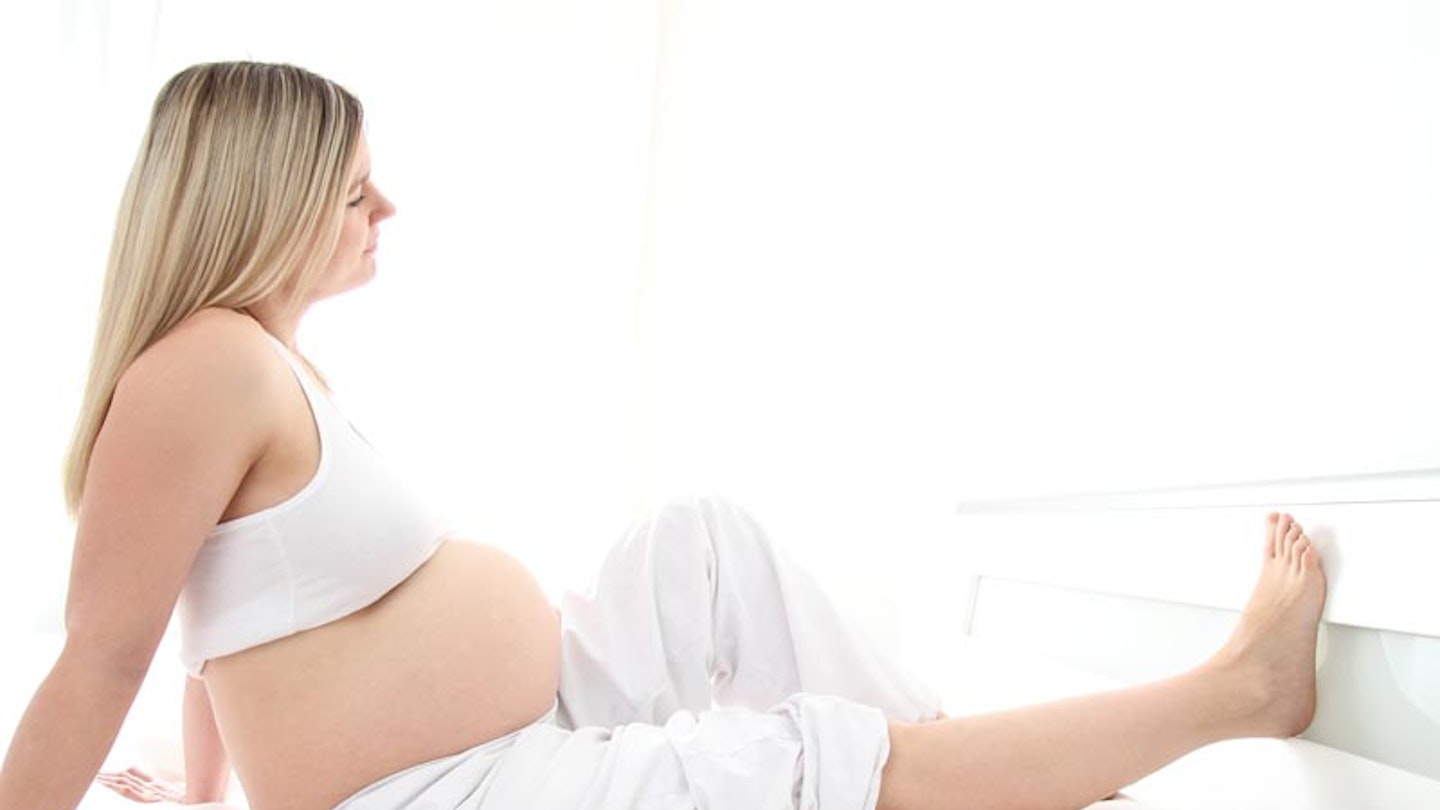It feels like Coca-Cola bubbling through your bloodstream and affects one in four pregnant women. Here are 7 ways to calm your crazy restless legs during pregnancy:
1. Up your iron intake
Pay a visit to your GP and ask to have your levels of iron and ferritin (a protein that stores iron) checked with a simple blood test. Low levels are not thought to be a direct cause of the problem, but topping up any shortfall will improve your overall health and could relieve symptoms.
A significant deficiency is usually best rectified with tablets from your doctor. But eating iron-rich foods throughout pregnancy and beyond makes good sense, and may reduce your chances of developing RLS again if you have another baby.
A simple diet switch is to have this iron-rich smoothie for breakfast: blend a peeled, cored ripe pear and banana, 25ml each of pineapple and orange juice plus a handful of raw, rinsed beetroot leaves or kale. Add blueberries to sweeten.
2. Cut out caffeine
You may already have reduced your caffeine intake, but it’s worth adopting a zero-tolerance approach to help you fall into deep sleep more easily. Most decaf coffee contains some caffeine, as does most tea, even green teas.
So stick to caffeine-free herbal or Rooibos teas. And be aware that you’ll find caffeine lurking in some fizzy drinks and chocolate.
>> 21 CAFFEINE AND ALCOHOL-FREE DRINKS TO ENJOY DURING PREGNANCY
3. Keep moving
Avoid sitting up in bed reading or surfing the net as this inactivity can bring on RLS symptoms. It’s thought that this ‘normal’ rest inadvertently triggers a response in the brain, which usually kicks in with prolonged immobility to protect the body from problems such as pressure sores. Aim to be up and moving until you’re ready to get into bed for sleep.
4. Apply heat or cold
Bathing or taking a lengthy shower can help calm your legs. Experiment with water temperatures to see what offers most relief. The likelihood is that the temperature change can switch off some of the abnormal response to rest. Gentle warmth from a heated pad helps some mums-to-be.
Try the super-soft Dreamland Intelliheat Heatpad, which offers adjustable temperature settings for a three-hour treatment and features an auto-safety shut-off (£29.99, dreamlanduk.co.uk). If warmth doesn’t help, try cooling your legs with a wrung-out-but-still-damp tea towel that’s been in the freezer for two minutes.
5. Exercise your leg muscles
Wriggling or kicking your legs will bring some immediate relief. Or try this simple exercise: contract all the muscles surrounding the restless area for 10 seconds, then relax them for 20 seconds. Repeat five times while breathing slowly.
6. Distract your brain
The Naturespace app features sounds ranging from oceans to rainforests, and will help soothe you to sleep (free, naturespace.com)
7. Soothe with massage
A gentle rub can offer temporary relief from symptoms. Ask your partner to massage your legs at bedtime, as you drift off, to quell the tingling long enough for you to fall asleep.
None of the prescription drugs used to relieve severe cases of restless legs syndrome have yet been adequately tested for use during pregnancy.
